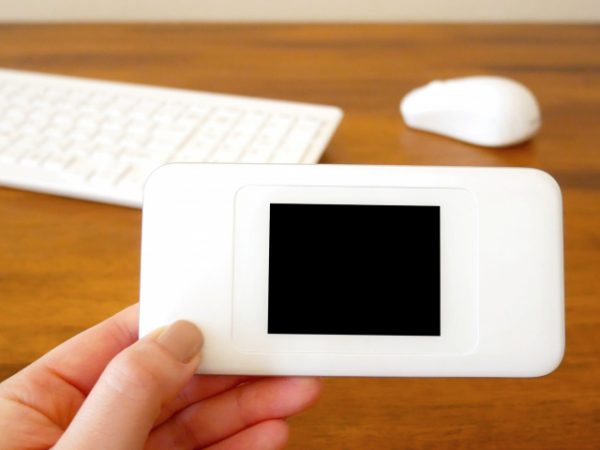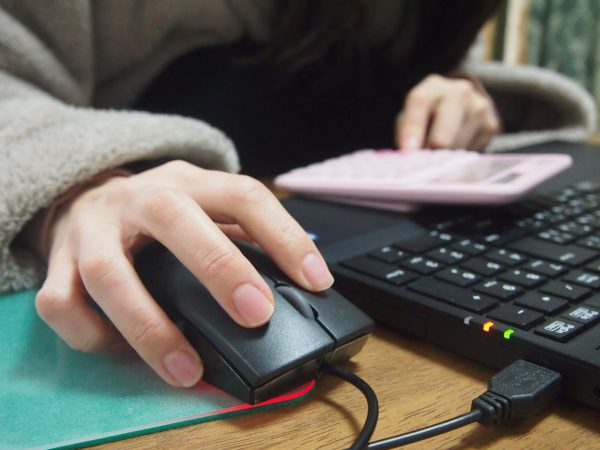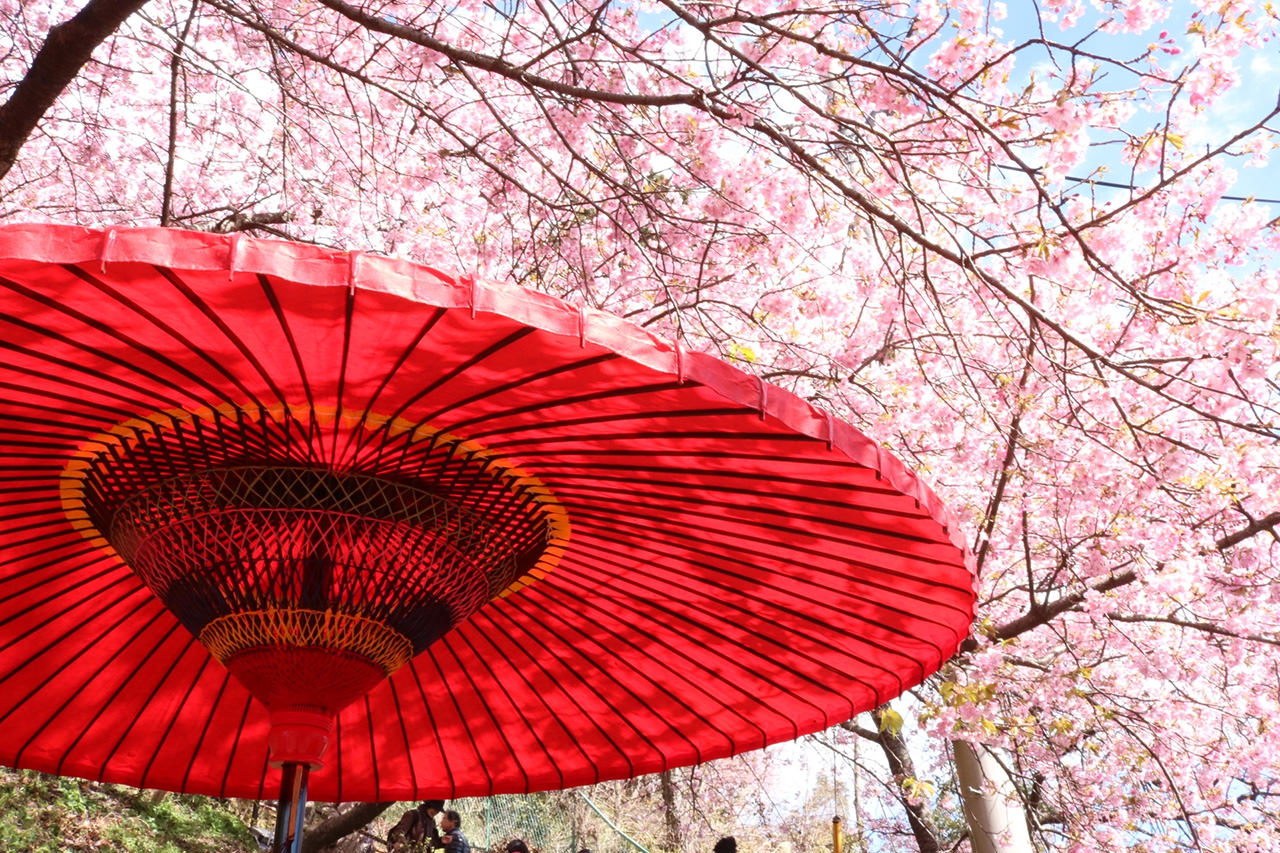What to Look Out For When Renting Wi-Fi in Japan: A Guide for International Students
2021.03.30

We may often take for granted our connectivity to the internet as we go about our lives in our home countries. When you move to a completely different country, you’ll definitely want an internet connection to help stay connected with family and friends back home. These days, it’s also become difficult to complete your school work without internet for online classes, research for your reports, and email back-and-forths to conduct surveys.
But when you’ve just arrived, getting Wi-Fi can seem like another confusing, difficult task on top of the business of setting up your new and exciting life as a student in Japan. Many may even be unaware of what options are available. Here, we’ll be explaining how to use Wi-Fi in Japan.
Wi-Fi in Japan
Until relatively recently, free public Wi-Fi wasn’t readily available in Japan, and it was often said that this was inconvenient for travelers. To improve this, Wi-Fi networks such as Kyoto City’s Kyoto Wi-Fi and Kyoto Prefecture’s Japan Free Wi-Fi KYOTO have been set up for use in a variety of locations, including train stations and bus stops, shopping centers, cafés, and so on. In addition, most universities and schools offer their students free Wi-Fi services, which is extremely convenient.
But there are many times when you may want to use internet at home, whether get in some serious studying, prepare for job hunting, or, during the coronavirus outbreak, participate in online classes, etc.
There are a number of different ways to use Wi-Fi in your room.
For example, depending on the apartment you live in, there may already be Wi-Fi available, and if you purchase a device to receive the signal, you can use Wi-Fi without signing any special contracts. Amongst student dorms, nowadays there are very few places that don’t include Wi-Fi.
There are also many cell phone companies that rent out Wi-Fi routers, and offer cell phone contracts that include slightly discounted services. Try asking at the cell phone company where you’ll sign up.

You can also set up Wi-Fi by signing a contract with an internet service provider. However, as is the case with cell phone companies that offer router rentals, internet service providers have a set contract period of more than two or three years, so this option isn’t available to many short-term study abroad students who stay for a year or so. Additionally, all of the paperwork is written in Japanese, and the system may be difficult to understand, making internet contracts quite a hurdle for many international students.
However, not all companies’ services are like this. Study Kyoto asked Kyoto-based DXHub, which provides services specialized for international students, to share some information on the circumstances for international students, and how to sign up for Wi-Fi. Let’s take a look!
Foreign residents in Japan know best what students need
All of the members of the group that works on DXHub’s Wi-Fi are non-Japanese, and some of them were once students studying abroad in Japan themselves. That experience makes it much easier for them to understand the international student experience.
Cyrus, for example, helped give us some perspective: “Back when I was an international student in 2015, I was actually turned away when I tried to apply for pocket Wi-Fi with my student visa. It has a short ‘period of stay’—the period during which I’m allowed to stay in the country. My visa was valid for a year, but some students were here on six month visas, for example. I was told that most Wi-Fi companies required foreigners to have a visa with a period of stay of at least three years.
“DXHub doesn’t have those types of requirements.
“When I was a student, it was also difficult for me to make contracts at large companies due to my residency status as a student, and because I didn’t have a credit card.
“Plus, in Japan, two-year contracts seem to be the norm, [ was more than I wanted].” There weren’t a lot of great options available for students, it seems, and many may still be difficult to come by.
Q: What sorts of concerns (or desires) do international students have when it comes to renting Wi-Fi?
A: “In Japan, rental explanations are generally all written on paper in Japanese.”
This can be difficult for international students who don’t necessarily read Japanese, and might need more support from a real person, and preferably one who speaks their language.
“Students are also concerned about divided payments, and other payment options. Some international students may even feel some stress about going to a new place and speaking to people they don’t know in a foreign language. DXHub works to help support international students with worries like these.”
When you’re trying to connect to the internet to talk to friends and family at home, do your homework, and take care of a lot of day-to-day tasks, it helps if the process of signing up for Wi-Fi is as smooth and easy as possible.











